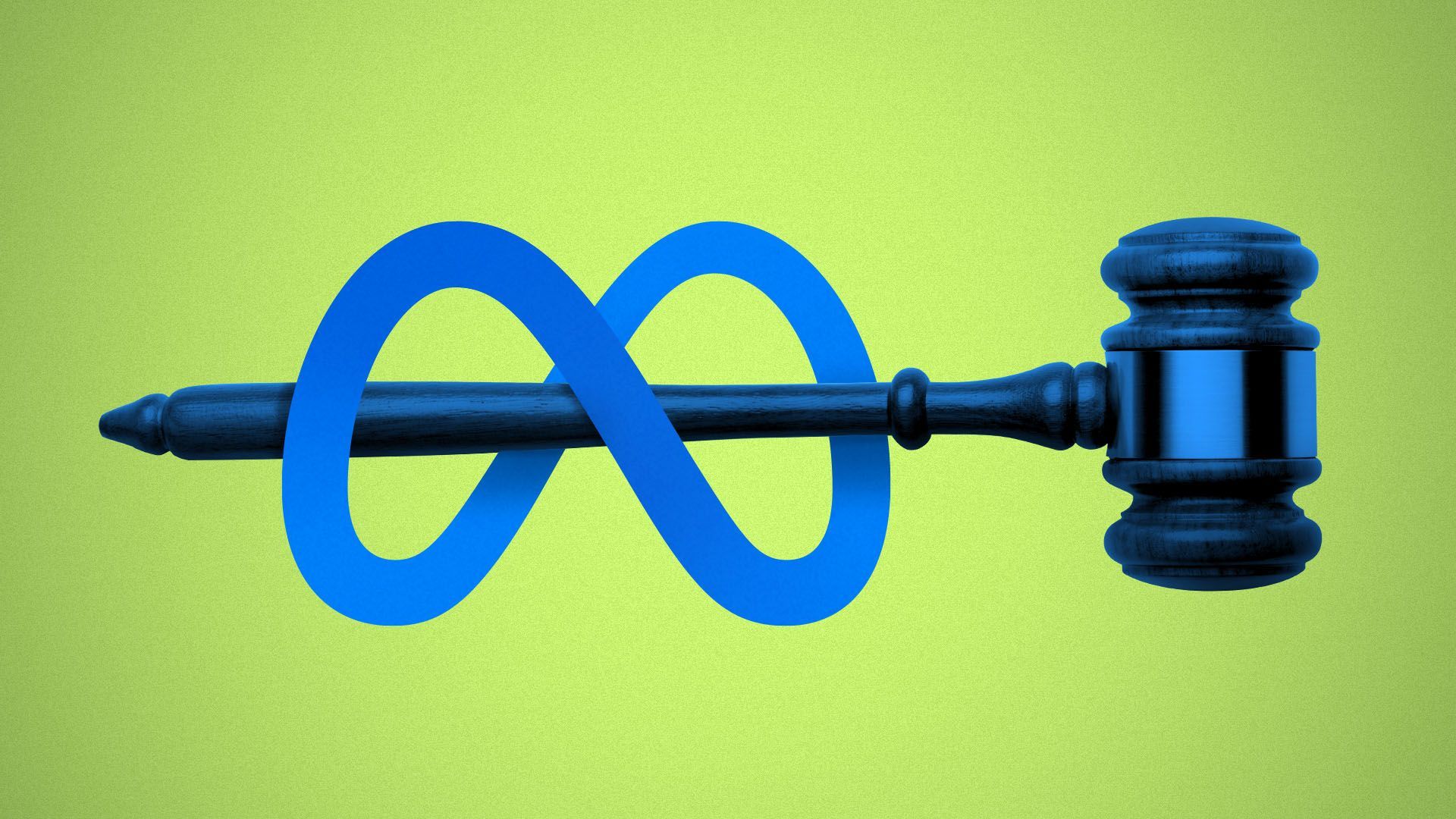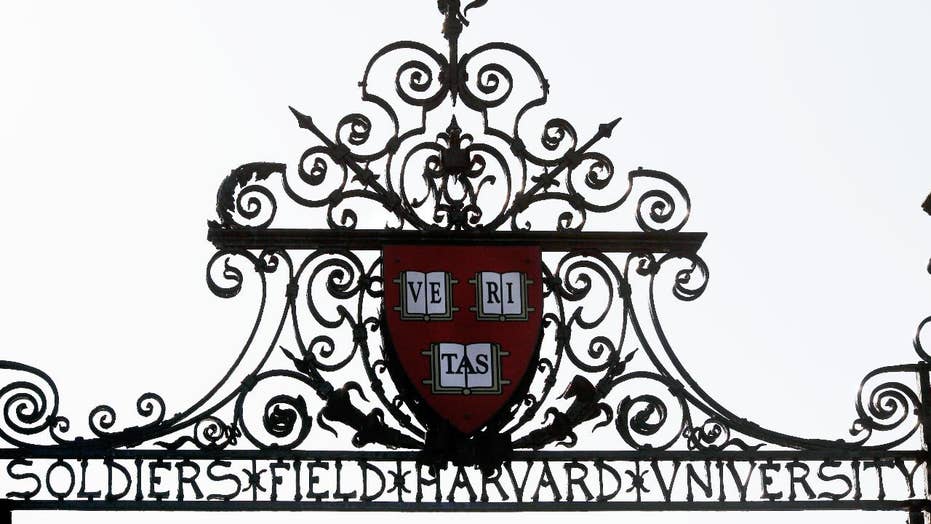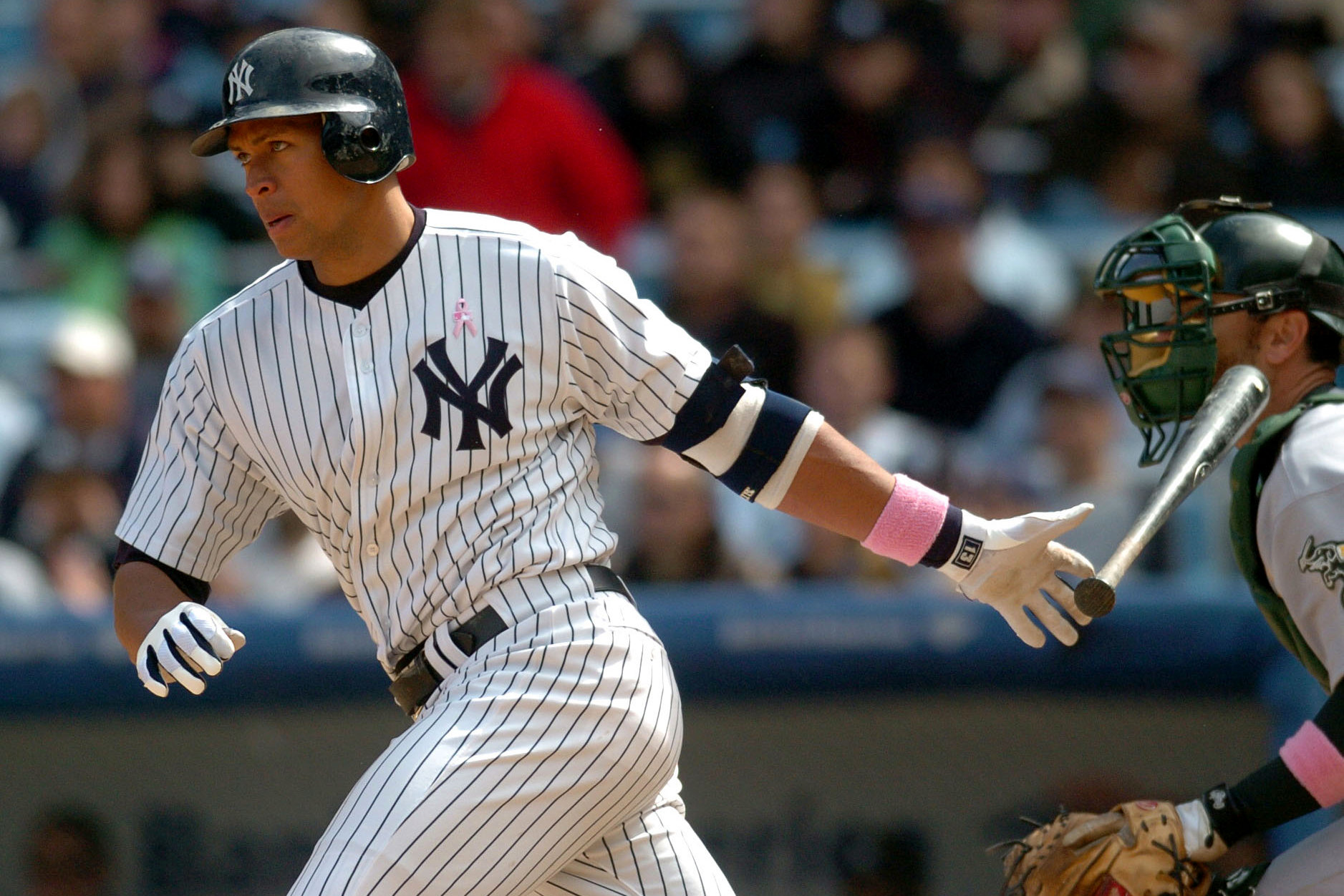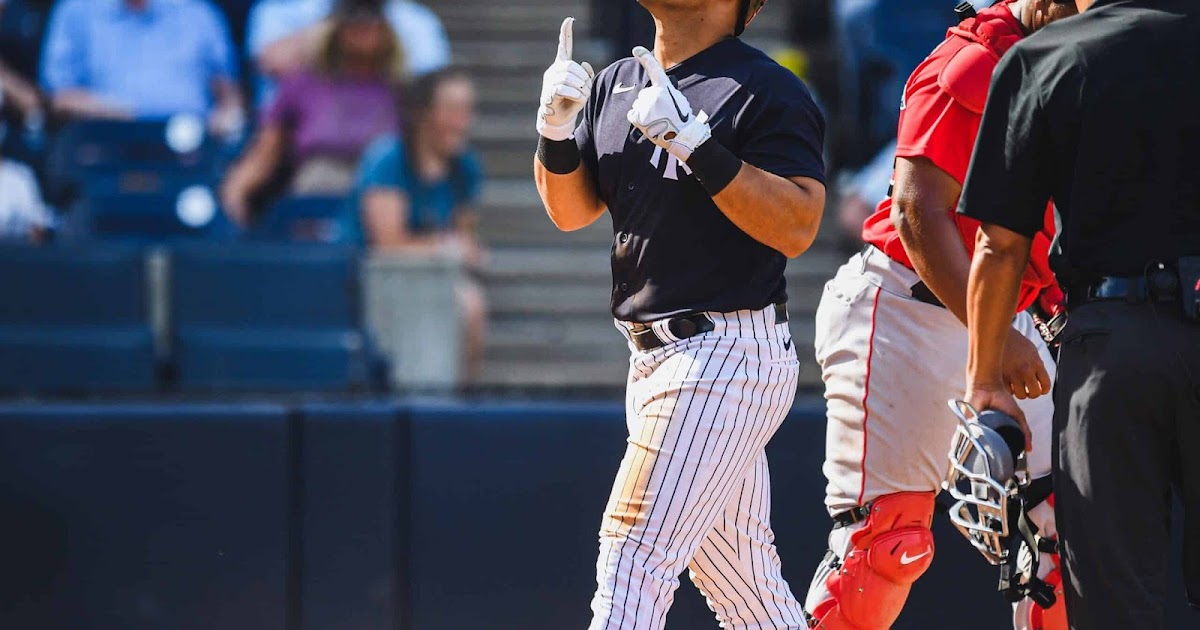Instagram And WhatsApp: The Ongoing Legal Fight Between Meta And The FTC

Table of Contents
The FTC's Case Against Meta: Antitrust Violations
The FTC's case against Meta rests on the assertion that its acquisitions of Instagram and WhatsApp constituted anti-competitive mergers, violating antitrust laws.
The Acquisitions of Instagram and WhatsApp:
- Timeline: Meta acquired Instagram in 2012 and WhatsApp in 2014, for billions of dollars each. These acquisitions significantly expanded Meta's reach and market share in the social media landscape.
- Stifling Competition: The FTC argues that these acquisitions stifled competition by eliminating potential rivals. By purchasing these burgeoning platforms, Meta prevented them from growing into significant competitors, thereby solidifying its own market dominance in the social media market share. The Instagram acquisition lawsuit and WhatsApp acquisition lawsuit are both crucial parts of the FTC's larger strategy. The FTC contends that a more competitive landscape would have existed without these acquisitions.
Allegations of Anti-Competitive Practices:
The FTC's complaint outlines various alleged anti-competitive practices:
- Preventing Competitor Growth: Meta allegedly used its market power to actively prevent the growth of competing social media platforms. This included tactics such as acquiring potential threats before they could gain traction and leveraging its vast resources to outcompete smaller rivals.
- Restricting Interoperability: The FTC alleges that Meta restricted interoperability between its platforms, making it difficult for users to seamlessly switch between services and hindering competition.
- Using Data to Suppress Competition: The lawsuit alleges Meta used its vast user data to identify and suppress emerging competitors, gaining insights into their strategies and potentially using its own resources to undercut them. This data exploitation is a central element of the monopoly power accusations.
Evidence Presented by the FTC:
The FTC's case relies on a significant amount of evidence, including:
- Internal Meta Communications: Internal documents and emails allegedly reveal discussions within Meta about the competitive threat posed by Instagram and WhatsApp before the acquisitions and strategies to neutralize that threat.
- Market Analysis: The FTC presents market analysis showing how Meta's acquisitions reduced competition and increased its market manipulation.
- Expert Testimony: Economic experts hired by the FTC provided testimony supporting the claim that the acquisitions were anti-competitive and harmed consumers. This expert testimony plays a significant role in the evidence of antitrust violations.
Meta's Defense Strategy
Meta has mounted a robust defense against the FTC's accusations.
Arguments Against Antitrust Violations:
Meta's central argument is that the acquisitions of Instagram and WhatsApp fostered innovation and ultimately benefited consumers. They claim:
- Innovation Argument: Meta argues that integrating Instagram and WhatsApp into its ecosystem allowed for significant innovations in features and functionality, enriching the user experience.
- Consumer Benefits: They claim that the acquisitions have provided consumers with a more integrated and convenient social media experience, leading to a greater selection of products and services.
- Market Definition: Meta also challenges the FTC’s definition of the relevant market, arguing that the market is far broader than just social networking, including other forms of communication and entertainment. This challenges the assertion of competitive benefits provided by the acquisitions.
Legal Strategies and Tactics:
Meta's legal team has employed several strategies to defend the company:
- Motions to Dismiss: Meta has filed motions to dismiss the case, arguing that the FTC's claims are legally insufficient.
- Legal Challenges: They have challenged the FTC's evidence and presented counter-evidence to refute the allegations of anti-competitive practices.
- Court Proceedings: Meta’s legal team actively participates in all court proceedings, aiming to demonstrate the legality and beneficial nature of the acquisitions.
The Ongoing Legal Proceedings and Potential Outcomes
The Meta Instagram WhatsApp lawsuit is a complex and protracted legal battle.
Current Status of the Lawsuit:
The lawsuit is currently [insert current status of the lawsuit here – e.g., ongoing, awaiting trial, appeal in progress etc.]. [Insert details on key court decisions, timelines, and future hearings]. Keep checking for updates on the lawsuit status and the legal timeline.
Potential Outcomes and Implications:
Several potential outcomes exist:
- Fines: Meta could face substantial fines if found guilty of antitrust violations.
- Divestiture: The court might order Meta to divest itself of Instagram or WhatsApp, effectively separating these companies.
- Structural Remedies: Other structural remedies, such as behavioral injunctions, could be imposed to restrict Meta's future activities.
The broader implications of this case are significant for antitrust implications and the future of tech regulation, potentially influencing how future mergers and acquisitions in the tech sector are reviewed and regulated. This case sets a precedent for the future of social media and the role of powerful tech companies in the digital age.
Conclusion: The Future of Meta, Instagram, and WhatsApp in the Face of Antitrust Scrutiny
The Meta antitrust lawsuit represents a significant challenge to Meta's dominance in the social media market. The FTC's case rests on compelling evidence alleging anti-competitive behavior, while Meta's defense emphasizes innovation and consumer benefits. The outcome will undoubtedly shape the future of social media and set precedents for antitrust enforcement in the tech industry. The ongoing nature of this Meta Instagram WhatsApp lawsuit and its potential ramifications make it crucial to stay informed about developments in this landmark case. Keep up-to-date on tech regulation updates and the future of social media by following the Meta antitrust lawsuit closely.

Featured Posts
-
 Landmark Lawsuit Harvard And The Trump Administration Clash
Apr 23, 2025
Landmark Lawsuit Harvard And The Trump Administration Clash
Apr 23, 2025 -
 Bmw And Porsches China Challenges A Growing Trend In The Auto Industry
Apr 23, 2025
Bmw And Porsches China Challenges A Growing Trend In The Auto Industry
Apr 23, 2025 -
 Mlb Suspends Nationals Jorge Lopez For Hitting Andrew Mc Cutchen
Apr 23, 2025
Mlb Suspends Nationals Jorge Lopez For Hitting Andrew Mc Cutchen
Apr 23, 2025 -
 Uskrs 2024 Radno Vrijeme Trgovina
Apr 23, 2025
Uskrs 2024 Radno Vrijeme Trgovina
Apr 23, 2025 -
 Yankees Smash Team Record With 9 Home Runs In 2025 Season Debut
Apr 23, 2025
Yankees Smash Team Record With 9 Home Runs In 2025 Season Debut
Apr 23, 2025
